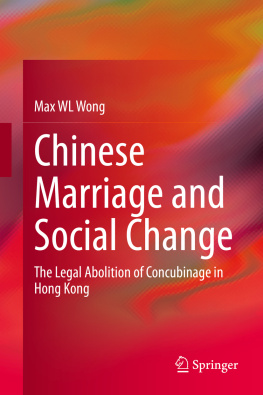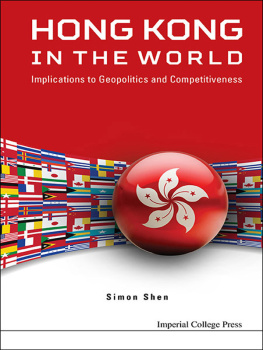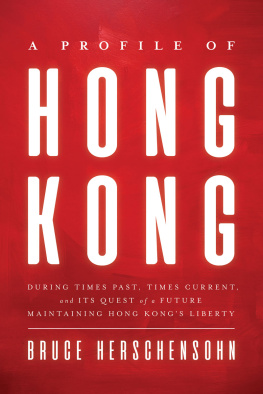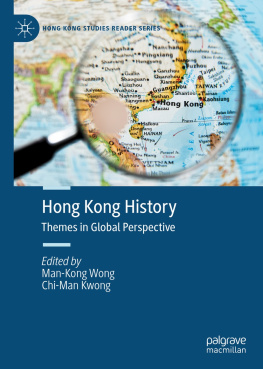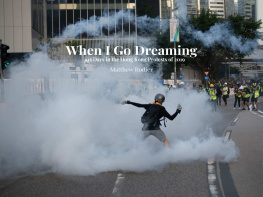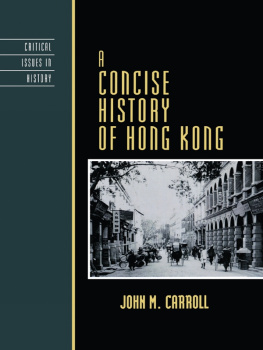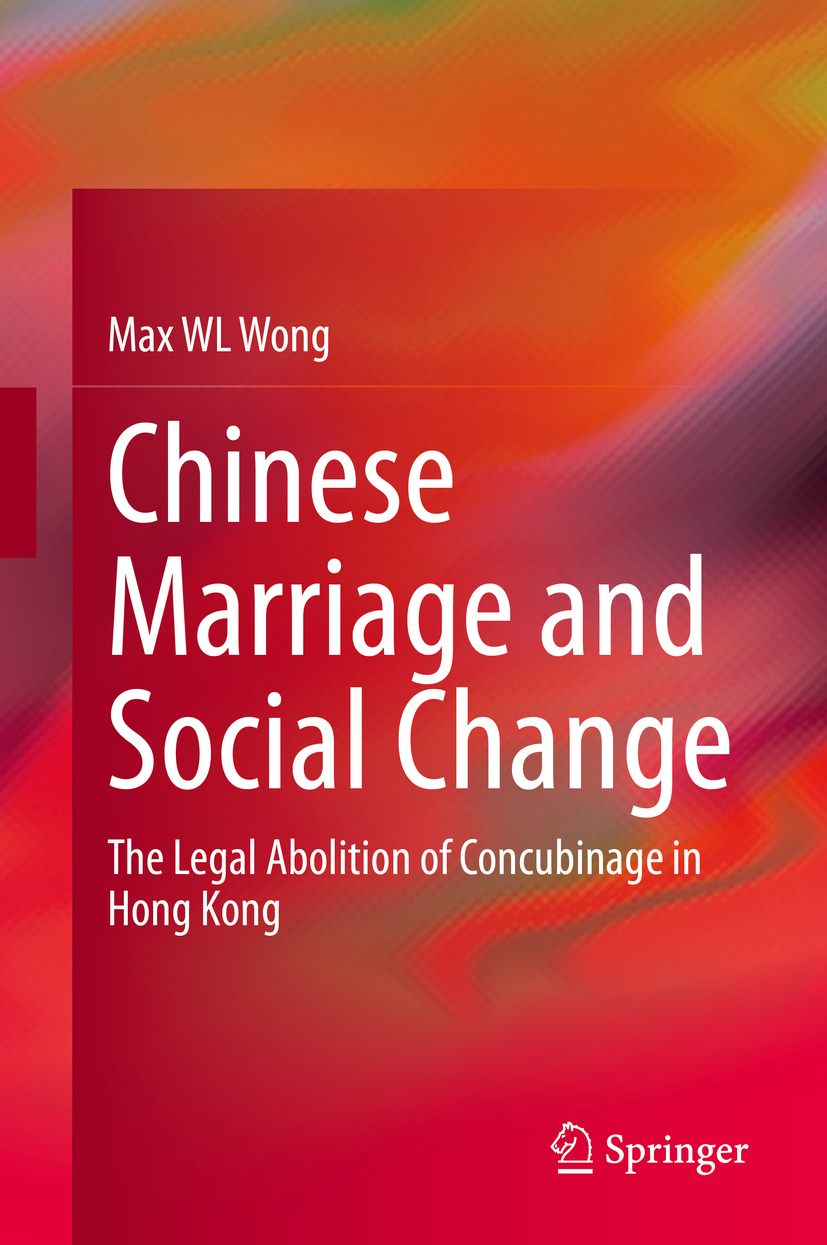Max WL Wong
University of Hong Kong, Hong Kong, Hong Kong Island, Hong Kong
ISBN 978-981-15-1643-6 e-ISBN 978-981-15-1644-3
https://doi.org/10.1007/978-981-15-1644-3
Springer Nature Singapore Pte Ltd. 2020
This work is subject to copyright. All rights are reserved by the Publisher, whether the whole or part of the material is concerned, specifically the rights of translation, reprinting, reuse of illustrations, recitation, broadcasting, reproduction on microfilms or in any other physical way, and transmission or information storage and retrieval, electronic adaptation, computer software, or by similar or dissimilar methodology now known or hereafter developed.
The use of general descriptive names, registered names, trademarks, service marks, etc. in this publication does not imply, even in the absence of a specific statement, that such names are exempt from the relevant protective laws and regulations and therefore free for general use.
The publisher, the authors, and the editors are safe to assume that the advice and information in this book are believed to be true and accurate at the date of publication. Neither the publisher nor the authors or the editors give a warranty, expressed or implied, with respect to the material contained herein or for any errors or omissions that may have been made. The publisher remains neutral with regard to jurisdictional claims in published maps and institutional affiliations.
This Springer imprint is published by the registered company Springer Nature Singapore Pte Ltd.
The registered company address is: 152 Beach Road, #21-01/04 Gateway East, Singapore 189721, Singapore
Preface
This book originated from research work of a potential litigation a decade ago, which would have hopefully helped to clarify a womans status as a wife or concubine in a family dispute. However, my research work had to be halted because, like many such family disputes in the Chinese community, this case was settled privately by mediation. Nonetheless, the materials gathered during that period laid down a good foundation for further study. I decided to go forward by conducting further research on the legal status of the concubine in Hong Kong. Since then, the academic journey of this research has taken me into the uncharted waters of traditional Chinese family law in the Qing period and the application of Chinese customary laws and practices in Hong Kong. This journey is never-ending, even after this book, because traditional Chinese family law is still under-researched.
I soon realised the difficulties in researching traditional Chinese laws after I started to research the legal status of the concubine in the Qing period. The relevant elements of Qing law included statutory laws (such asDa Qing L Li), regulations in palace (such asDa Qing Huai Dian), judgments and precedents (such asXin An Hui Lan), provincial laws and regulations, judgments by local magistrates (such as archives in Ba County at Sichuan or Tan Hsin at Taiwan), personal memoirs of local magistrates and other related materials on the rules and regulations at local levels, not to mention that there were special laws which governed different ethnic groups such as Mongolians. I analyse the status of the concubine in Qing laws in the Hong Kong context. Then, I attempt to investigate the ways in which these laws were transplanted into the common law system in Hong Kong after 1843 and, in a wider context, the common law systems in other East Asian jurisdictions.
This journey also led me to study government records in the National Archives in the United Kingdom and the Public Records Office in Hong Kong. With the support of research assistants, I got a clearer picture of the policy developments in both governments that led to the abolition of concubinage and the promulgation of the Marriage Reform Ordinance in Hong Kong in 1971.
This book could not have been finished without the support of many scholars, friends and research assistants. I would like to thank Prof. Michael Palmer and Dr. Dixon Wong for their continuous support and encouragement. I would also like to thank Harry Tse, Melissa Leung, Billy Fung, Samuel Lai, Eric Lai, Janice Lee and Dr. Amy Kellam for their assistance and support in this journey. Finally, I would like to thank my wife, Vivian, and my daughters, Frances and Agnes. As always, their patience and support have been my greatest motivation to finish this monograph. All in all, any errors in this book are mine alone.
Max WL Wong
Hong Kong, Hong Kong Island, Hong Kong
October 2019

